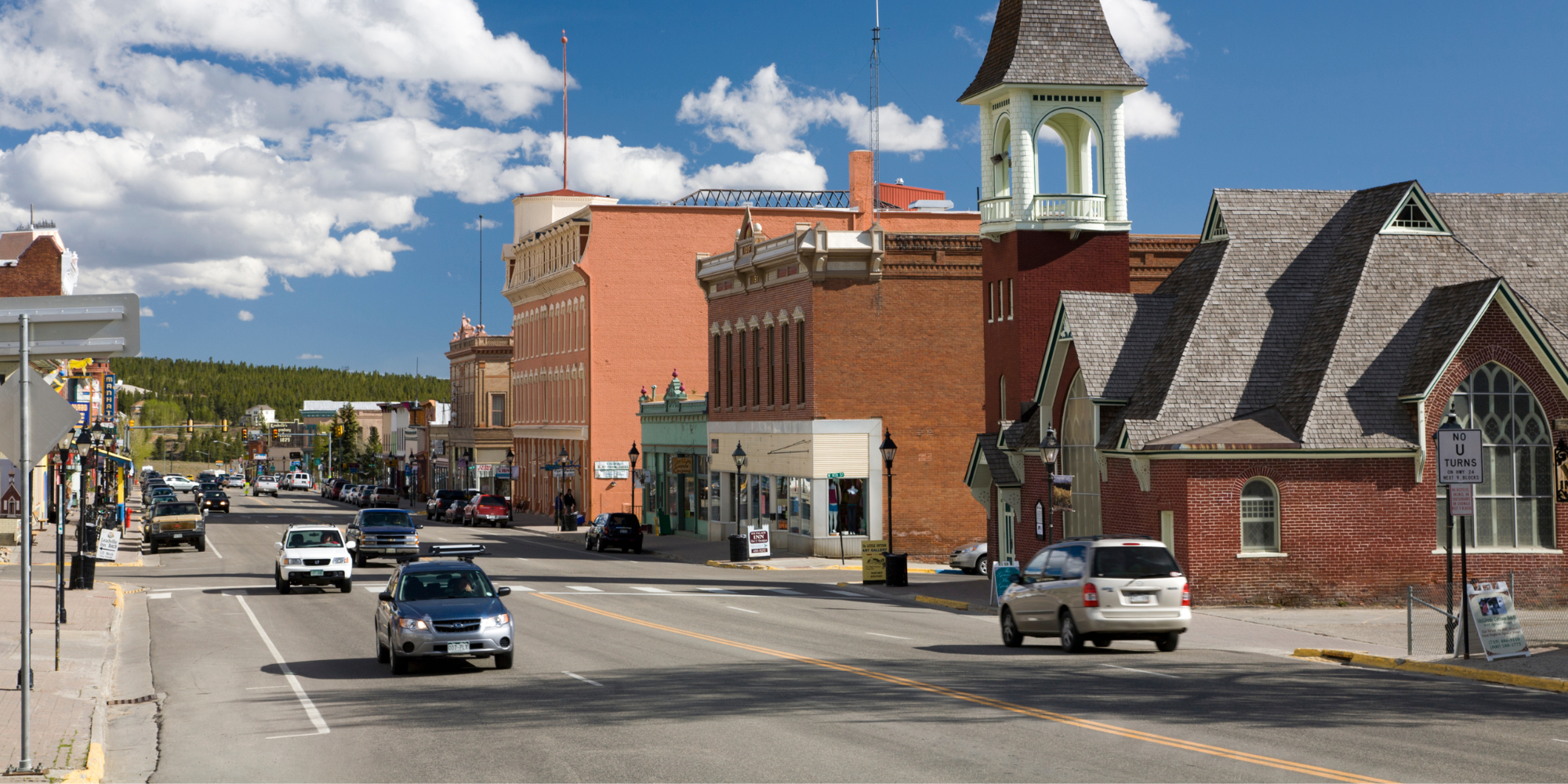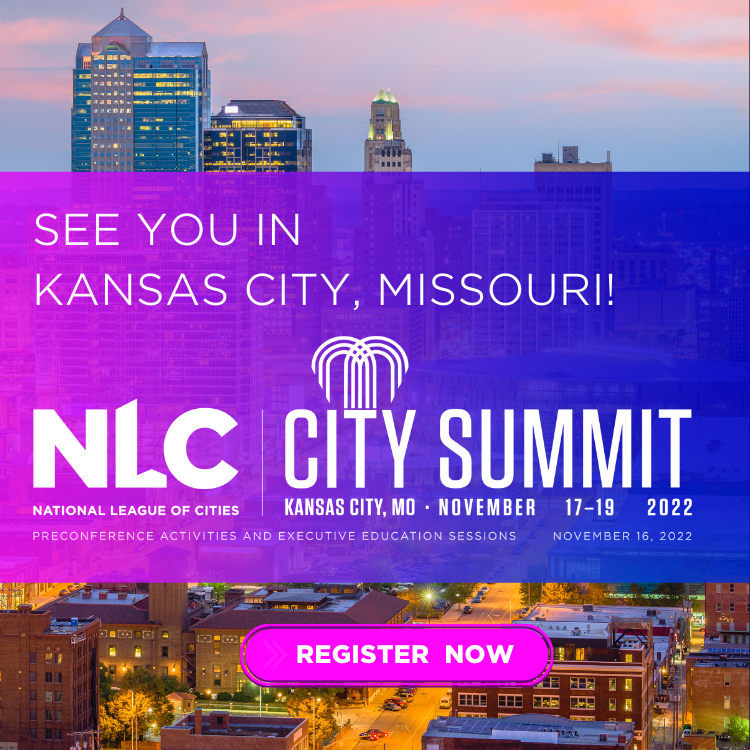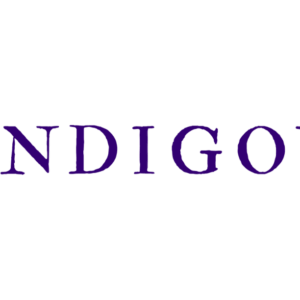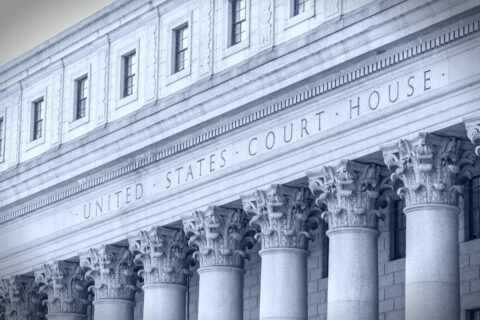America’s small cities make up the fabric of our country, and the historic Bipartisan Infrastructure Law (BIL) has important programs that small and mid-sized cities can access. Earlier this year, the White House released a Rural Playbook for small communities as they navigate the many programs in BIL including information on how to apply for the funds. Yet, as most small city officials know, not all federal programs are a good fit for small cities without pre-development support or ongoing programs to support the operations and maintenance.
However, with the hundreds of new programs provided in BIL, there is likely to be at least one federal infrastructure grant that’s a good fit for your community. A lot of cities and towns have asked which programs might be a good fit for them and if there were some that may be built to scale up or down to make it manageable. As part of our commitment to supporting smaller communities identify the opportunities that are available to them through BIL, NLC has pulled together a starter list for programs that best fit the needs of small and mid-sized cities.
Check out the list below along with some other key NLC resources that can help your community be competitive for eligible and available funds.
Six Federal Grants for Small Cities
- Most cities have a safety project that would help their community. The Safe Streets and Roads for All Program can support both local safety planning and safety implementation projects like improving pedestrian or school crossings, updating traffic and street lights, or separating bike lanes. This program provides $5 billion dollars over the next five years in direct support of local governments for safety planning and implementation projects on roads that make them safer. It can support existing planning safety efforts like “Vision Zero” as well as establishing new local data-driven efforts. Most cities today have eligible plans and projects that they can leverage this program for and go after grant funding. The program’s Notice of Funding Opportunity (NOFO) came out in May and the applications are due by September 15, 2022, and we expect more rounds of funding to be available if you are unable to prepare an application together in that window. Click here to visit an assistance page for how to apply for a Safe Streets grant opportunity.
- Plan to apply for an Electric Vehicle Charging Community Grant later this year. Through BIL, there will be significant investments in electric vehicle infrastructure to establish convenient EV charging stations and building out an electric vehicle charging network along the federal highway system. These grants will be prioritized for rural areas, low and moderate-income neighborhoods, and communities with low ratios of private parking or high rations of multi-unit dwellings. The NOFO for this program will open in winter 2022. Watch for a new NLC brief and fact sheet on this opportunity later this month. Additionally, the U.S. Department of Transportation has also released a toolkit for rural communities to plan and fund EV infrastructure. Not ready to apply for a direct grant but want to make your voice heard on EVs? Give input on your State’s Department of Transportation on Electric Vehicle (EV) Charging Plans this summer before they get submitted to the U.S. Department of Transportation on August 1, 2022, through the National Electric Vehicle Infrastructure Formula Program.
- The Enabling Middle Mile Broadband Infrastructure Program provides a direct competitive grant opportunity for local governments. Local governments are directly eligible to apply for available federal funding to this program, which has a high degree of flexibility. This program is funded at $1 billion and will provide funding to expand and extend middle-mile infrastructure to reduce the cost of connecting unserved and underserved areas to the internet backbone. The program’s NOFO was released last month and applications are due by September 30, 2022. Click here to read a recent NLC blog overviewing some key information on the Middle Mile Program.
- The Digital Equity Competitive Grant Program is another Broadband funding competitive grant program that local governments are directly eligible to apply for. This program is funded at $1.25 billion and aims to support the implementation of digital equity projects to the targeted populations outlined in BIL, which includes rural communities.
- The Energy Efficiency and Conservation Block Grant (EECBG) Program is available to smaller communities through application to their state. States are required to pass 60% of their funding to these smaller communities to address sustainability priorities through actions such as improving transportation infrastructure, adopting and implementing building energy codes, strengthening electric grid policy and program making, and supporting community-driven climate and resilience planning. Applications are expected to open in the last quarter of this year.
- The Clean School Bus Program provides $5 billion dollars in funding and local governments are eligible to receive these grant dollars. The funding under this program may be prioritized for rural or low-income communities and entities that have matching funds available. The Environmental Protection Agency is currently accepting applications for 2022 Clean School Bus Rebates and will close applications on August 19, 2022.
Make Your Match
We hope this list was helpful to you, but it’s possible these won’t work for your needs. If not, take a few minutes to pop open the NLC Infrastructure Insights Tool to search by what you need or check out the White House’s www.build.gov site for the latest on the programs available.
If you need more resources you can check out the Ready to Rebuild: Infrastructure Webinar Series or the White House “Infrastructure School” Webinars.
Sign Up for Updates on NLC’s Local Infrastructure Hub
Recently, NLC announced an exciting partnership with Bloomberg Philanthropies unveiling the Local Infrastructure Hub initiative. With a $50 million initial investment, the Hub will bring together nonprofits, city networks, academics, and policy experts to provide direct support to communities as they develop applications, including: one-on-one coaching, webinars, on-demand answers to pressing questions, data analysis, guidance from issue experts on a range of infrastructure-related topics, and easily accessible information on the rules and timeframes for specific funding opportunities. NLC will offer technical assistance to help small towns and mid-size cities develop strong applications that are grounded in data, feature detailed project plans, and include relevant policy objectives.
Visit this link to sign up for updates!
Share Your Project
Does your city have a great project in the works you’re seeking federal funding for? The National League of Cities (NLC) and Polco have partnered together to create this survey to show how local communities are planning infrastructure projects that could use the $1.2 trillion in Bipartisan Infrastructure Law (BIL) investment in roads, transit, water, broadband and more. Share your infrastructure needs and projects here.












